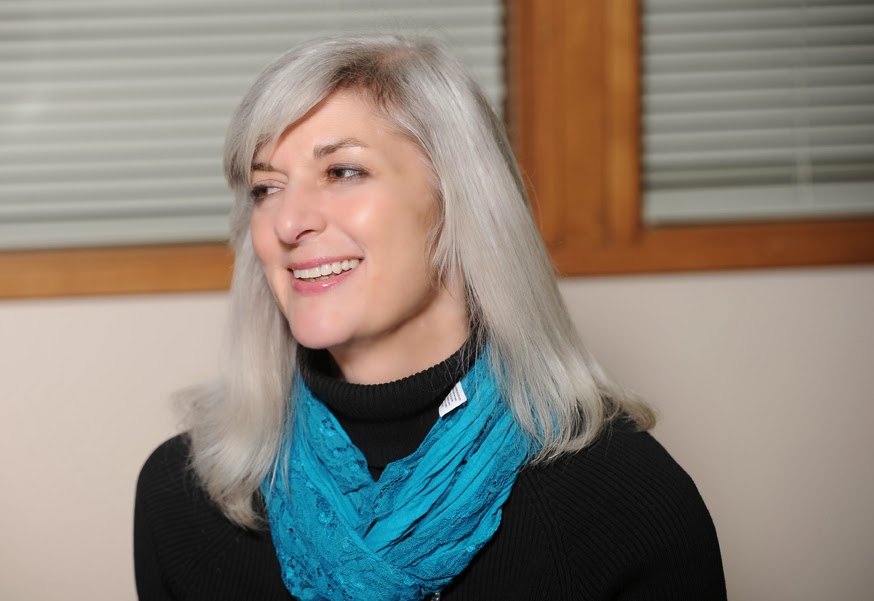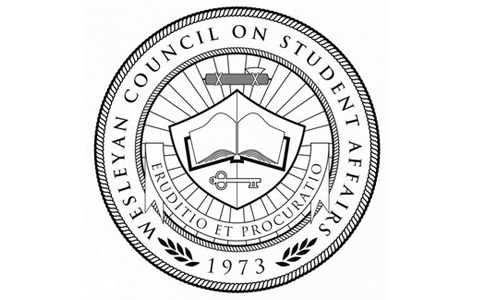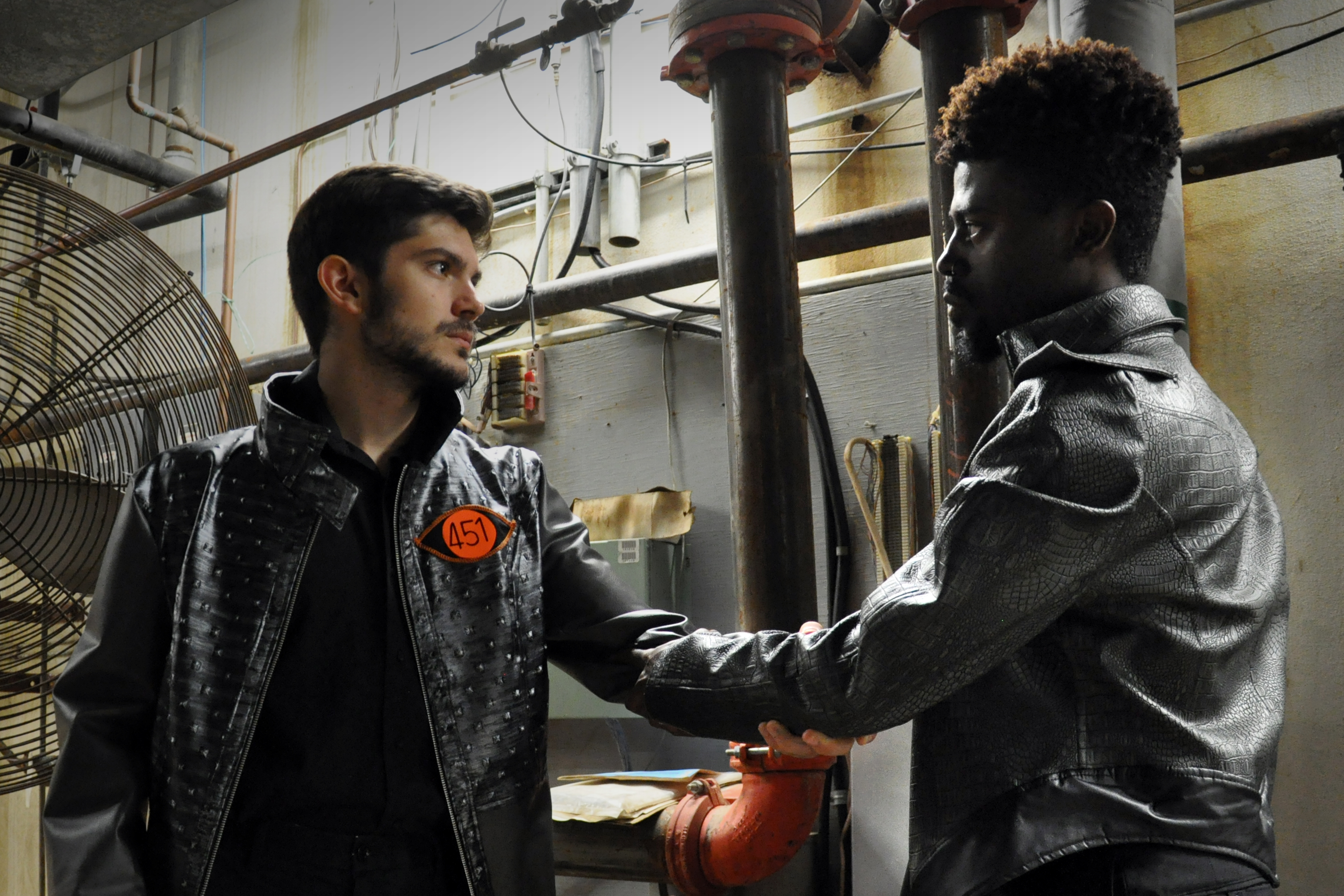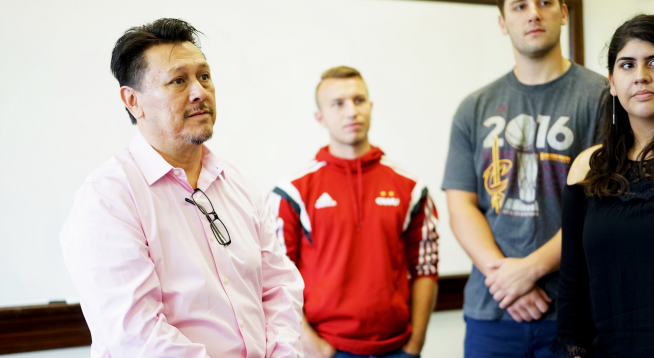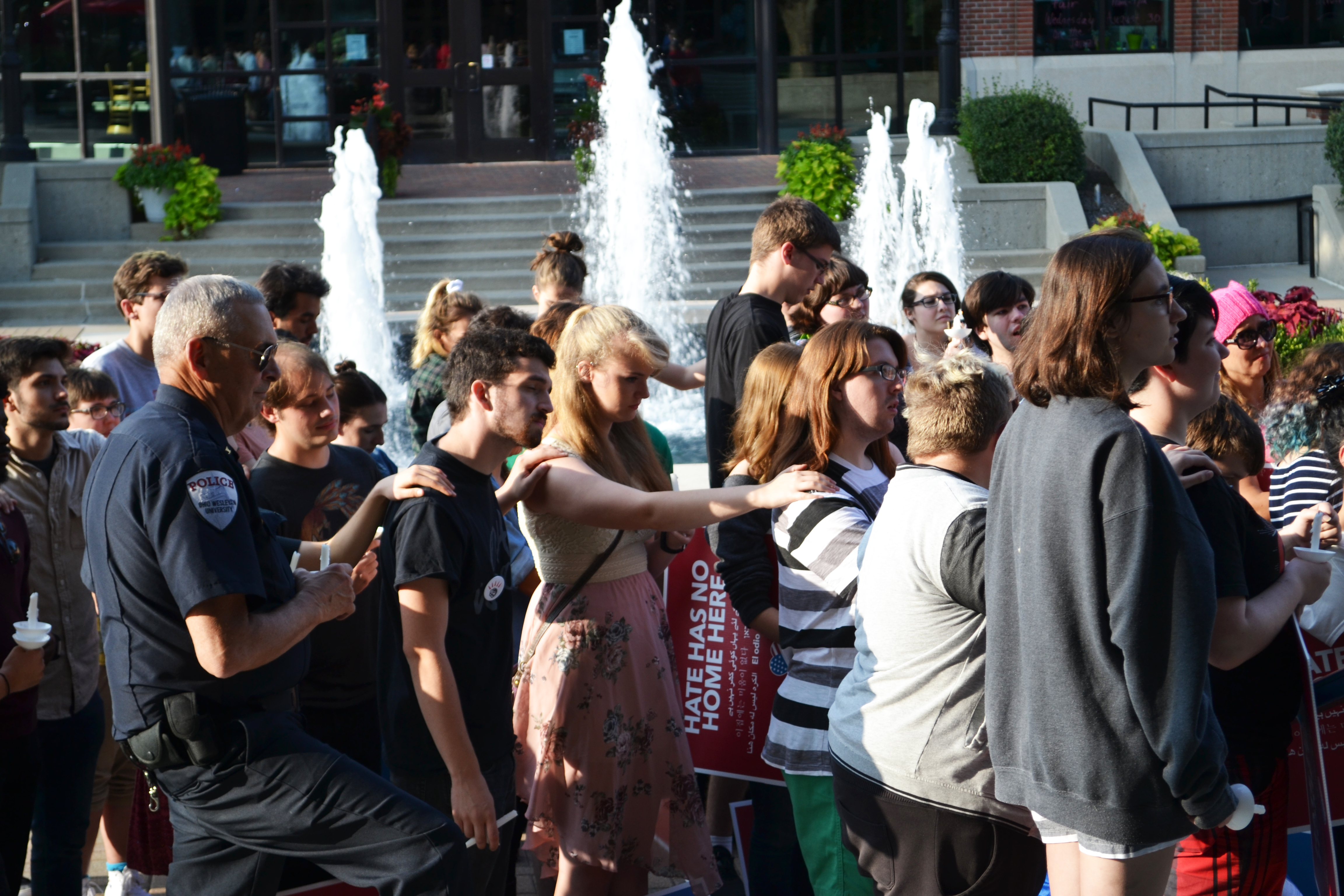By Gopika Nair, Editor-in-Chief
On New Year’s Day, I was back home in Dubai, writing my first editorial as the editor-in-chief after serving as copy editor of The Transcript for two years.
I wrote and revised four drafts—I was elated, I was nervous and more than anything, I was unsettled by my own inadequacies and what I considered my overall ineptitude at being at the helm of this newspaper.
Being a part of The Transcript hasn’t been the most smooth-sailing experience.
On several occasions, OWU students I barely knew but had fleeting interactions with told me that The Transcript was littered with inaccuracies or embarrassing typos when they learned I was part of the staff.
Of course, their points were valid. A cursory glance at Paul Kostyu’s critiques of The Transcript’s print editions will tell you as much (and perhaps give you even more ammo).
The Transcript has certainly fallen short on many occasions. Single-source stories, inane typos, bland headlines, lackluster writing, erroneous facts; you name it, we’ve, certainly and disappointingly, got it.
As much as I and the rest of the staff have at some point or another felt personally beaten down by the criticisms and complaints we’ve received, I’m thankful for this experience.
The Transcript has dedicated mentors such as Kostyu, associate professor of journalism; Jo Ingles, The Transcript’s media adviser and TC Brown, instructor in journalism, all of whom take the time to provide guidance when we need it and criticisms when we deserve it.
Sure, The Transcript has prided itself on being an independent, student-run newspaper since 1867, but without the encouragement and criticisms we’ve received from our mentors, this paper would have undoubtedly floundered.
For the past year and a half, I’ve spent every other Tuesday night and much of Wednesday morning with my fellow editors, writing stories, designing pages and grappling for subject-verb headlines.
Sounds tedious, maybe even downright miserable, but being a part of The Transcript has been one of the most meaningful experiences of my college career, if only because it gave me the opportunity to hone my skills and work with several dedicated and talented people who I learned from along the way.
It was an honor to serve as editor-in-chief of The Transcript, particularly as it celebrated its 150th anniversary this year. I wish the incoming editor-in-chief and editorial staff the best as they prepare to maintain The Transcript’s legacy.


